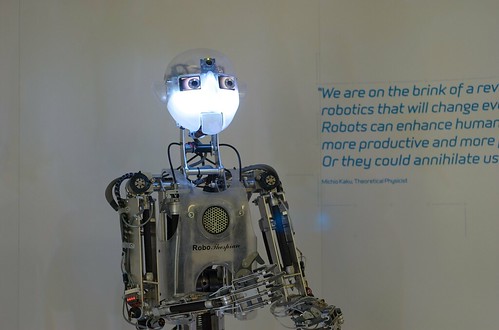Are you interested in a post-doctoral fellowship in any of the following topics?
- open online learning
- emerging forms of online participation
- digital and open scholarship
- online social networks
- learner, instructor, and scholar experiences in any of the above
If so, I would love to see an application from you to our call for Banting post-doctoral fellows! The call is open to Canadians and non-Canadians alike.
On the call listed above, you will see that we are seeking applicants for multiple positions. The section relevant to my interests is the following:
Working with Dr. George Veletsianos, Canada Research Chair (CRC) in Innovative Learning and Technology, the post-doc will focus on emerging technologies and innovations in online education, and in particular open education, open/digital scholarship, and social media/networks. The experiences and practices of learners, instructors, and scholars with emerging forms of online participation (e.g., MOOCs, social media) are ill-understood and ill-researched. The objective of a Banting post-doc within this research program will be to make sense of participants’ experiences and practices with open online education and social media/networks in higher education and to understand why individuals use these emerging innovations in the ways that they do. Research questions may include, but are not limited to: What is the nature of open online learning, teaching, and participation? What does the experience of open online learning/teaching and/or social network learning consist of? What is the lived experience of open scholars? How is technology changing scholarship? How do scholars perceive and construct their identity using social media/networks? How do individuals use social media/networks to cope with the expectations of their academic roles (e.g., being a doctoral student, being a newly-hired faculty member, etc)?
Take a look at the call, explore my research on these topics, and if you have any questions please don’t hesitate to contact me. Applications are due by September 27, 2013.



